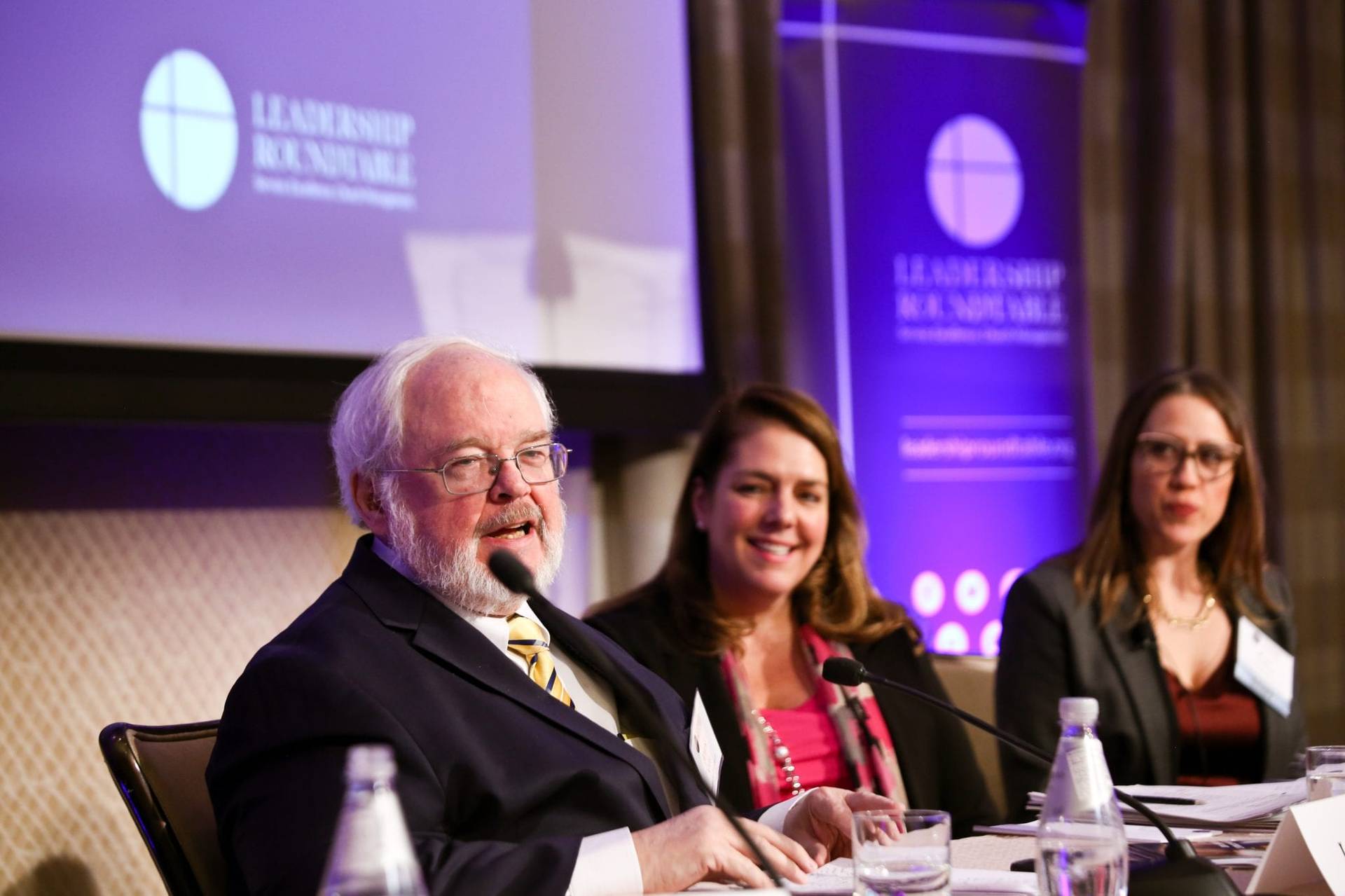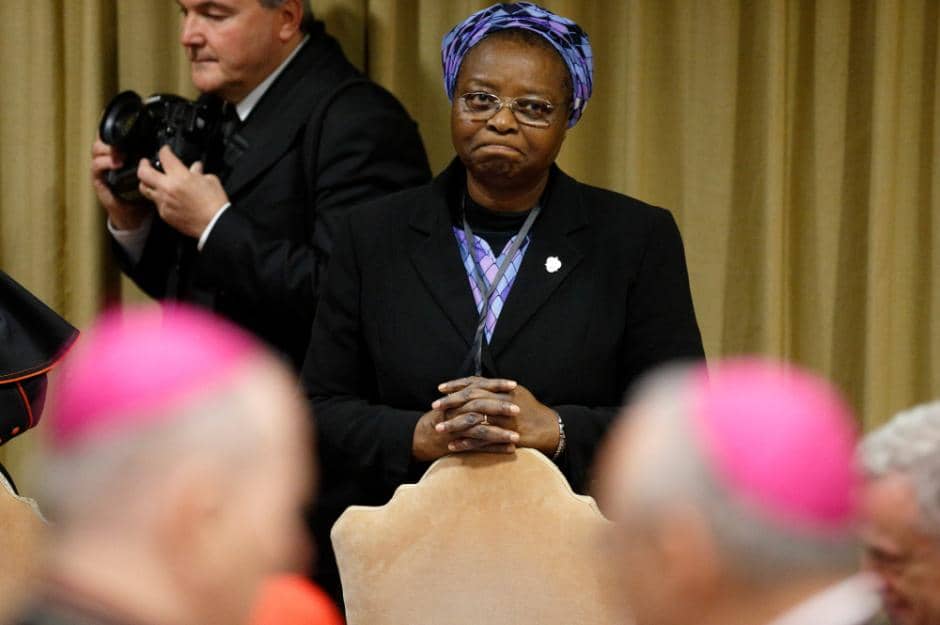ROME – Women who took star turns at Pope Francis’s recent summit on the protection of minors in the Catholic Church have said that ensuring child safety is something everyone is responsible for, not just bishops.
Sister Pat Murray, executive secretary of the International Union of Superiors General (UISG), a Rome-based umbrella group for leaders of women’s religious orders, said Monday that topics discussed during the Feb. 21-24 anti-abuse summit – responsibility, accountability and transparency – are not just aimed at bishops, but are things the Church as a whole must take to heart.
“The themes apply to everyone who has responsibility of any kind for young people,” she said, adding that anyone who works with children and young people must be required to follow guidelines and ensure “that never again will (abuse) happen because of our lack of action or our blindness.”
Sister Aurora Torres, a board member of the UISG, said her experience of the summit was one of “synodality,” where she felt listened to and taken seriously. Synodality, she said, requires the participation of those in religious life, “not just masculine, but feminine and laity.”
It’s key, she said, “to take from the professionalism” that people in each of these categories can offer in tackling clerical abuse.
Murray said the UISG has already organized several workshops on protecting minors, and that the sisters – who said that abuse by nuns was discussed “in passing” during the summit – are committed to working in collaboration with laity who work in schools, institutions and hospitals they run.
Congregations that don’t have a protocol on child protection will be requested to draft them, Murray said, and in addition to the workshops already planned, the topic will also be a key theme at a major UISG meeting in May.
“We will resolutely implore every leader of every women’s congregation to take the necessary steps that are needed to protect, and nourish and safeguard our children,” Murray said.
Murray and Torres were among 10 women religious from the UISG who participated in the summit, which marked the first time that the entire UISG board has been invited to a Vatican event.
In the past, the sisters said they have typically had to ask to participate in high-profile Vatican meetings like a synod, and that even then, they are usually only allotted 3-4 slots. However, they were all invited to last week’s gathering and voiced hope that the trend would continue.
UISG President Sister Carmen Sammut of Malta said the reason they were invited “is surely because of the topic, but we also would like to think this is how things will be in the future.”
Though they were a minority in the discussion, the sisters said they felt “respected” and listened to, with some bishops seeking out their opinions.
Sister Veronica Openibo of Nigeria, who gave a keynote speech Saturday morning, said that during the small group discussions, bishops seemed especially responsive to her proposal to get rid of minor seminaries, since in her view “children are too young to make decisions” and would be better off waiting until they’re 16 or 18 to join the seminary.
With either 1 or 2 sisters in small groups, they said overcoming cultural barriers was a key theme throughout the four-day meeting.
Many bishops from the developing world, they said, initially argued that clerical sexual abuse is not an issue in their area and preferred to talk about local problems such as slave labor, human trafficking and child soldiers.
Openibo, who is from Nigeria, said that after her talk she felt “there were people, bishops, cardinals, who did not believe in some of the things I was saying.” She said some bishops from Africa in particular were dismissive of sexual abuse, saying there were “more important” issues to discuss.
Murray said she had a similar experience in her group, and that at the beginning there was “a certain resistance by some, saying this is not a problem in my part of the world.”
By the end of the week, she said, “those same participants were saying, ‘I can’t say this isn’t a problem in my part of the world, I don’t know,’” she said, adding that she was “very impressed by the willingness to learn and the willingness to move” shown by the bishops.
For most sisters, the most important part of the summit was listening to victims tell their stories.
“Most of the time I had tears in my eyes,” Sammut said, adding that she was impacted by how often “the victim was victimized many times” not only in the abuse they suffered, but also by not being listened to or believed by those around them, including those in ecclesial authority.
“When you listen to the pain they’ve suffered in their bodies, in their psyche, in their spiritual sense,” Murray said, “you feel called to walk with those who have been wounded.”
“It’s not a once-off journey, it’s an accompaniment that will go on for years,” she said, and stressed the need “to take on a listening attitude…to those who have been harmed in the Church and by the Church.”
Torres said that for her, to listen to victims was “a painful grace,” especially for those who have not ever spoken to victims or spent time listening to their stories.
Similarly, Openibo said that despite the fact there were more women in the room and the hope that this will increasingly be the case, “the focus should not be on me.”
“The focus should be on the victims,” she said, adding that “the pain of watching the victims speak is too much to speak on their behalf.”













